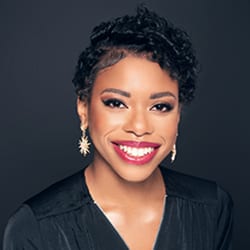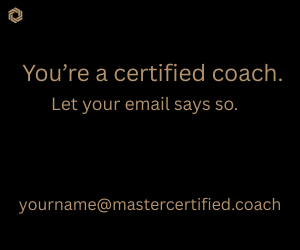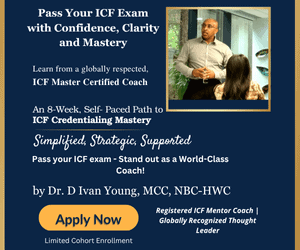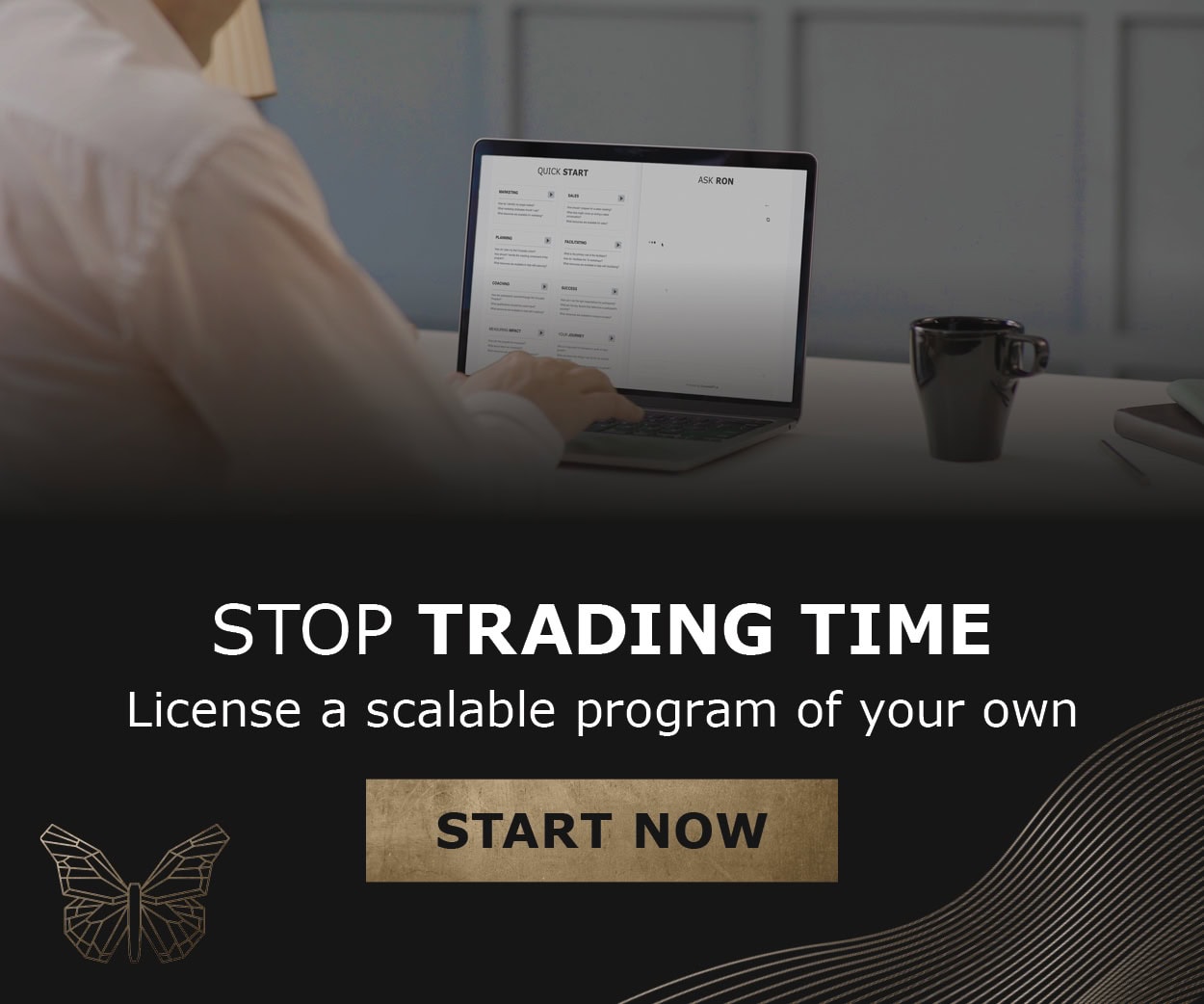Millennials are individuals who were born approximately between 1981 and 1996. Considerable research has been conducted to study and gain further insight into this particular generation.
Despite what we know from human developmental and sociological viewpoints about this generation, other researchers are beginning to find overlaps between this generation and what is now referred to as “emerging adulthood.” Emerging adulthood is a newer developmental phase including individuals roughly between the ages 18-27. This is important to recognize because many Generation Z and millennials are comprised of this unique group of emerging adults.
From a coaching viewpoint, this is significant because knowing this will give you further knowledge about how self-identified millennial and Generation Z clients view themselves, their perceptions about how they think they fit in the world, and how they believe they “should” think based on features identified within their particular generation. In other words, what you think about these two generations may be significantly different than how they describe themselves, although you and them may be interchangeably using the terms “millennial” and “Gen Z.”
Here are three things you can do to better understand millennial and Generation Z clients:
1) Read
Recognize the difference between how researchers describe millennials and how millennials, Gen Z and emerging adults describe themselves. These differences can help you gain a better understanding regarding the needs of who you work with. Gather information from studies, forms, questionnaires and reputable articles. Make sure what you read is credible and not based on assumptions. What you read is meant to give you information.
Note what kinds of methods and previous strategies have been effective in facilitating growth among these groups. If possible, implement these methods into your coaching practice and keep track of how they produce both internal and external measures of growth. Pay attention to what benefits these are able to produce in your own practice. It is likely that what you read can spark the creation of your own creative methods for use with your clients.
2) Research
Now that you’ve read what the experts have to say, try doing your own active research. Another effective way to gather information is to interact with as many of these millennial clients as possible. Go where the millennials are. You might be surprised how willing these groups are to interact with you and give you information about their lives and perspectives.
Offer opportunities for them to describe their experiences without a set model. If you decide to conduct market research via online formats, it is a good practice to make sure you use methods grounded in qualitative research. Qualitative research methods offer you flexibility in understanding the exact thoughts, beliefs and feelings they experience because they are written based on these group’s own word choices.
3) Reflect
Spend time reflecting on how your own thoughts and feelings may be influencing your clients and the way that they talk about themselves. It isn’t uncommon for coaches to unknowingly (and unintentionally) cause these generational groups to change the way that they want to talk about themselves. Think about ways your research may have limited you in viewing your clients as whole and unique individuals. Something I have noticed among coaches who have millennials clients is feeling like they have failed when they start believing that the research is 100% true for all within these groups. Although these groups may share some similar traits, most of what you find cannot be generalizable and should not be either. The research is meant to give you more context about what you have read and observed—not to be a universal truth that impairs your ability to see each of your individual clients as special and individually for who they are.
Disclaimer
The views and opinions expressed in guest posts featured on this blog are those of the author and do not necessarily reflect the opinions and views of the International Coach Federation (ICF). The publication of a guest post on the ICF Blog does not equate to an ICF endorsement or guarantee of the products or services provided by the author.
Additionally, for the purpose of full disclosure and as a disclaimer of liability, this content was possibly generated using the assistance of an AI program. Its contents, either in whole or in part, have been reviewed and revised by a human. Nevertheless, the reader/user is responsible for verifying the information presented and should not rely upon this article or post as providing any specific professional advice or counsel. Its contents are provided “as is,” and ICF makes no representations or warranties as to its accuracy or completeness and to the fullest extent permitted by applicable law specifically disclaims any and all liability for any damages or injuries resulting from use of or reliance thereupon.
Authors
Post Type
Blog
Audience Type
Coach Educators, Experienced Coaches, External Coaches, ICF Chapter Leaders, Internal Coaches, New Coaches, Professional Coaches, Team and Group Coaches
Topic
Coaching Toolbox, Discover - Your Coaching Career
Related Posts
How Coaching Is Driving Inclusion Around the Globe: Lessons from Local ICF Chapters
When a group of mothers in Kazakhstan, many of whom had never…
Belonging Beyond Numbers: How ICF Demographic Trends Are Shaping the Future of Coaching
What does it really mean to belong? For the International Coaching Federation…
Professional Coaching Relationships That Work: Respect, Boundaries, and the Art of Mutuality
This post comes from Dr. D. Ivan Young, an ICF Business Solutions…








